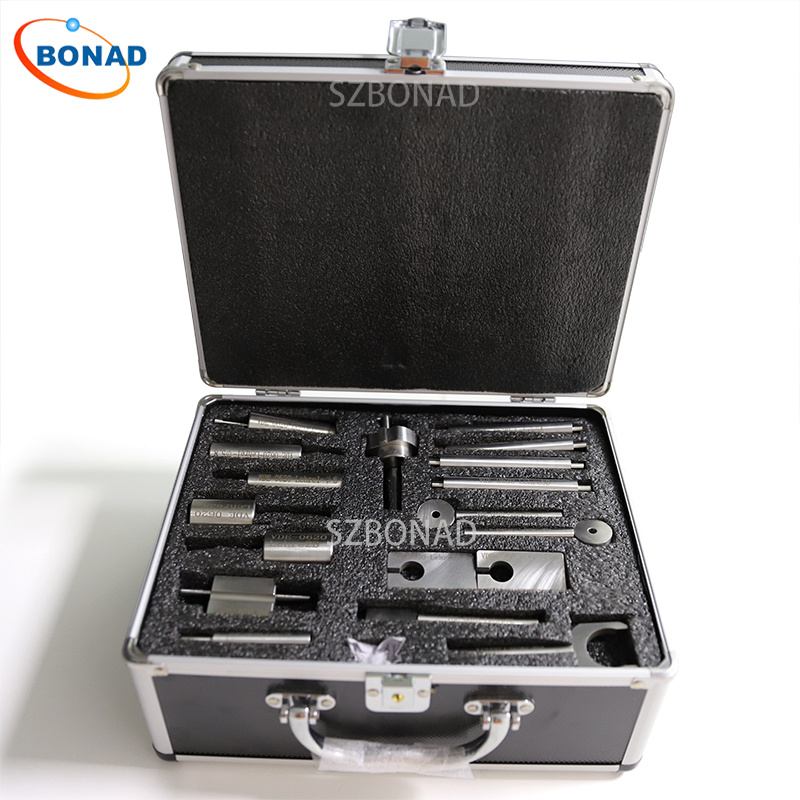Plastics play a crucial role in our everyday lives, from automobile components to electronic gadgets, food storage solutions, and children’s toys. Ensuring these items withstand stress without breaking or failing is essential for manufacturers. This is where an impact tester for plastics proves its worth.
Impact testers are vital tools that enable companies to evaluate the strength and resilience of plastic materials, thereby minimizing the risk of failure and enhancing product quality. In this article, we’ll delve into how precise impact testing can reduce failure rates, save costs, and ensure your products are built to endure.
Why is Impact Testing Essential?
When dealing with plastics, it’s important to recognize that not all materials are created equal. Some plastics need to be robust enough to endure frequent use, while others must be flexible yet strong. Impact testing evaluates how well a plastic material withstands forceful impacts, providing insights into its durability and reliability.
Consider the scenario of a car bumper shattering upon impact or a food container cracking when dropped. Proper impact testing could prevent such issues by identifying potential weaknesses in the material before they lead to costly failures.
Whether you operate in the automotive, electronics, or consumer goods sectors, conducting impact tests on plastic materials can help you mitigate risks and expenses associated with product failures.
The Role of Precision Testing in Reducing Failures
Precision testing surpasses basic testing by delivering highly accurate results that aid in making informed quality-control decisions. Here’s how precision testing contributes to reducing product failures:
- Enhanced Safety
Accurate impact tests facilitate compliance with safety standards, particularly for products like automotive components or protective packaging. Understanding material performance helps prevent potential risks for end-users. - Prolonged Product Lifespan
Precision testing determines how long a plastic material can withstand stress, assisting you in selecting the appropriate material for a durable, long-lasting product. - Cost Efficiency
By addressing quality issues early on through accurate testing, you can avoid expensive recalls, repairs, or replacements. Investing in product reliability ultimately saves money over time.
Through precision testing, you create reliable products that meet customer expectations without the risk of unforeseen breakdowns.
Types of Impact Testers for Plastics
There are various types of impact testers available, each offering different methods to assess the resilience of plastic materials. Here are some common types:
- Charpy Impact Tester
Utilizing a swinging pendulum to strike a horizontally placed sample, this method measures the energy absorbed upon impact. It is frequently used for tougher plastics in industries like automotive and construction where strength is paramount. - Izod Impact Tester
In this test, the sample is positioned vertically and struck from the side. The Izod Impact Tester is commonly used for thermoplastics and polymers found in electronics and household goods where moderate impact resistance is required. - Drop Weight Tester
This test involves dropping a weighted object from a height onto the plastic sample to simulate real-life scenarios like falls or drops. It is particularly useful for packaging materials that need to withstand sudden impacts without breaking or puncturing.
Selecting the right test depends on your material’s application and the type of stress it will encounter. Each tester provides unique insights into how the material will perform under specific conditions.
Key Features to Look for in an Impact Tester
With numerous options available, choosing the right impact tester can be daunting. Here’s what to consider ensuring reliable results:
Accuracy and Precision: Opt for testers that provide consistent results reflecting true material durability.
Repeatability: A reliable tester should produce identical results under identical conditions every time.
Ease of Operation: User-friendly testers save time and reduce error risks.
Material Compatibility: Ensure compatibility with your specific plastic types; some testers suit harder plastics while others cater to softer ones.
Data Analysis Capabilities: Modern testers often feature digital data collection for tracking results over time and analyzing trends.
Focusing on these features will help you select an impact tester that meets your needs while improving overall product quality.
Effective Impact Testing Tips
Achieving accurate results involves more than just running tests; consider these tips:
Prepare Samples Correctly: Ensure samples adhere to size and shape guidelines as minor differences can affect results.
Calibrate Regularly: Frequent calibration maintains equipment accuracy over time.
Control Environmental Factors: Conduct tests in stable environments since temperature and humidity influence outcomes.
Document Results: Detailed records allow performance tracking across batches aiding quality improvement efforts.
Analyze Results Contextually: Understand real-world behavior implications beyond straightforward results interpretation.
Adhering to best practices ensures dependable outcomes facilitating smarter decisions regarding materials usage.
Conclusion: The Importance of Precision in Impact Testing
Precision impact testing goes beyond technical procedures—it guarantees high standards of reliability safety durability across products created using tested materials fostering trust within brands avoiding costly mistakes ensuring customer satisfaction through reliable experiences delivered consistently across industries ranging from automotive parts production packaging electronics manufacturing among others investing quality assurance ultimately safeguards brand reputation enhances customer loyalty satisfaction levels alike!


